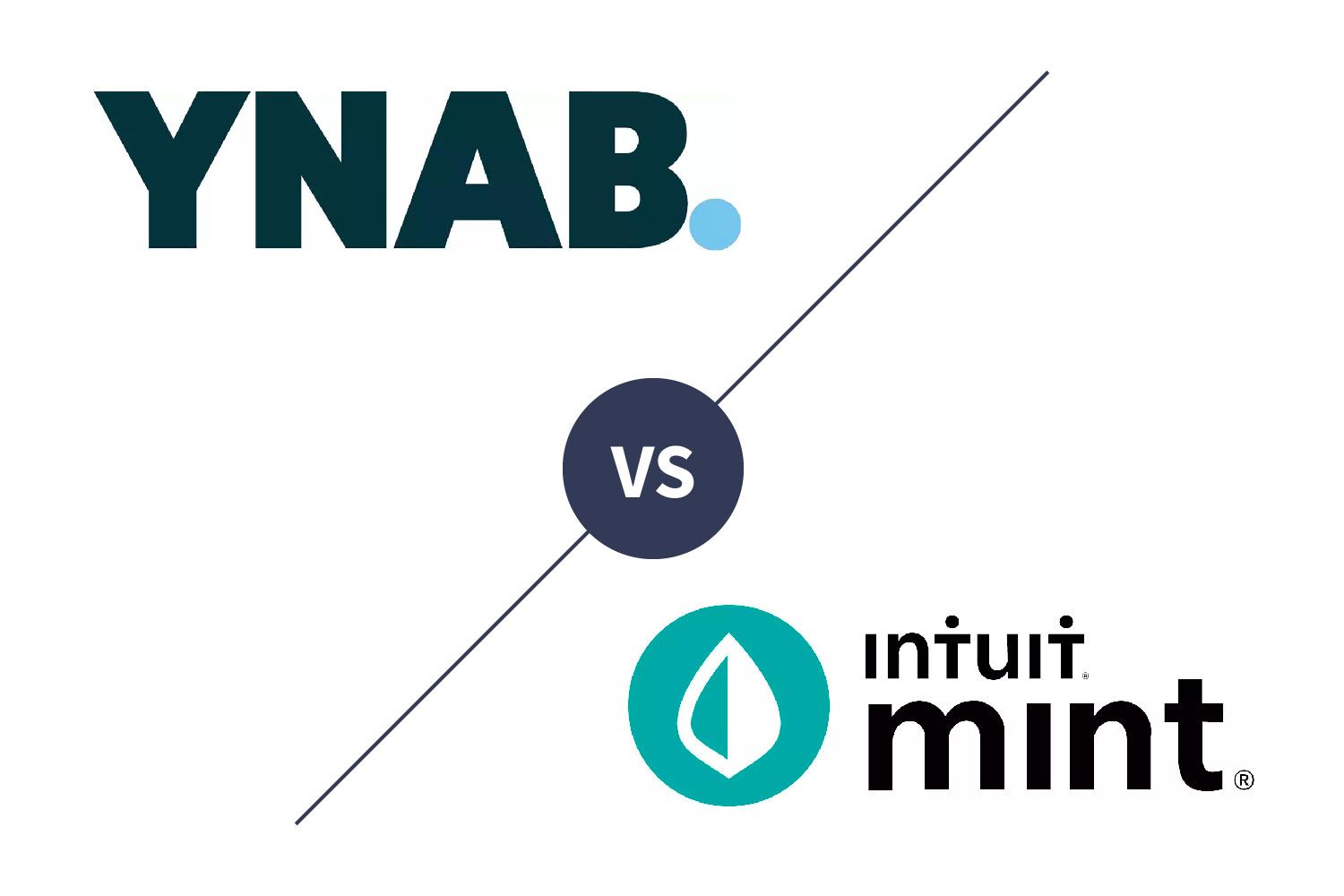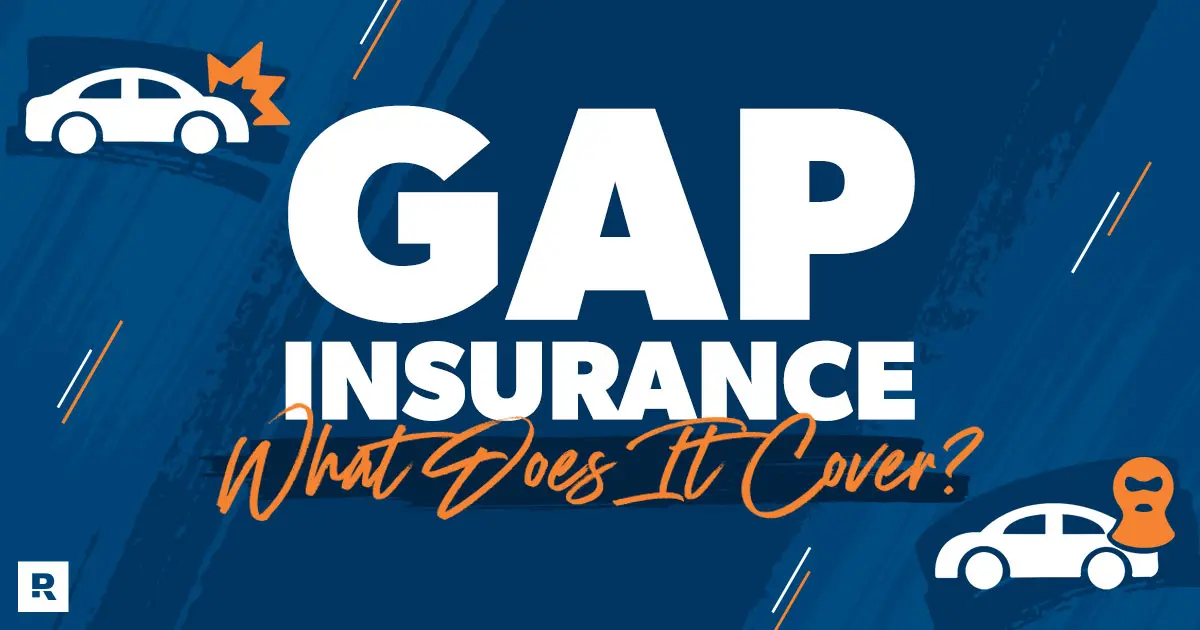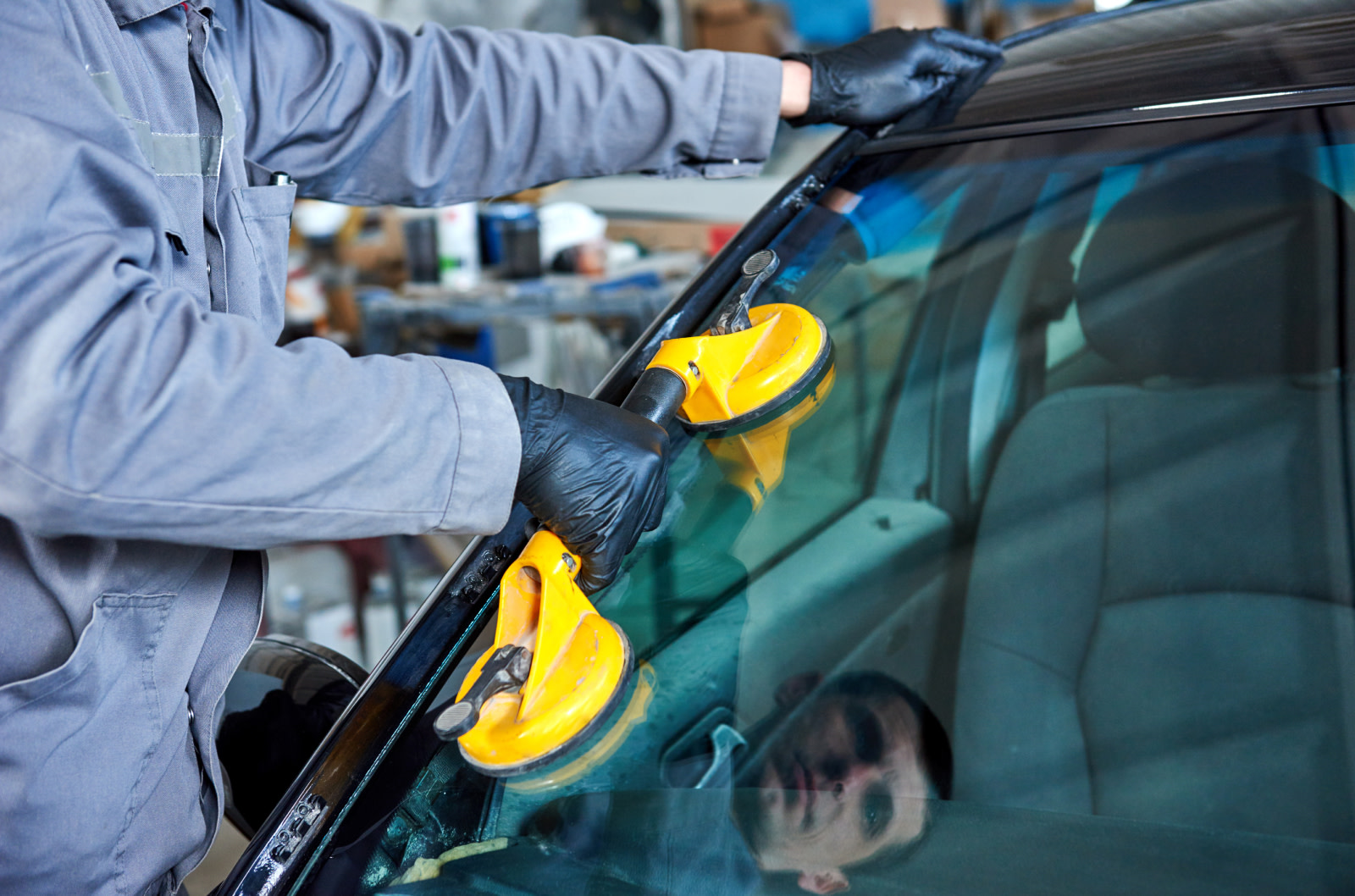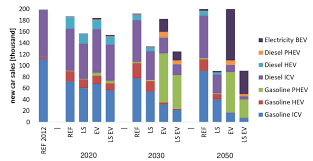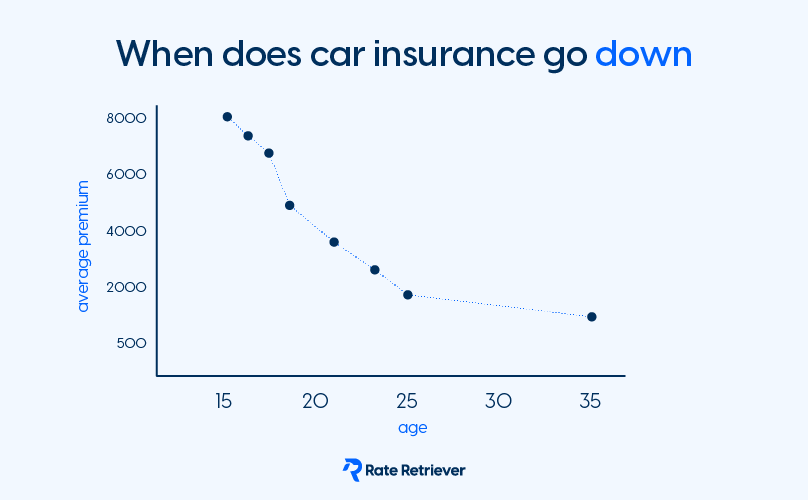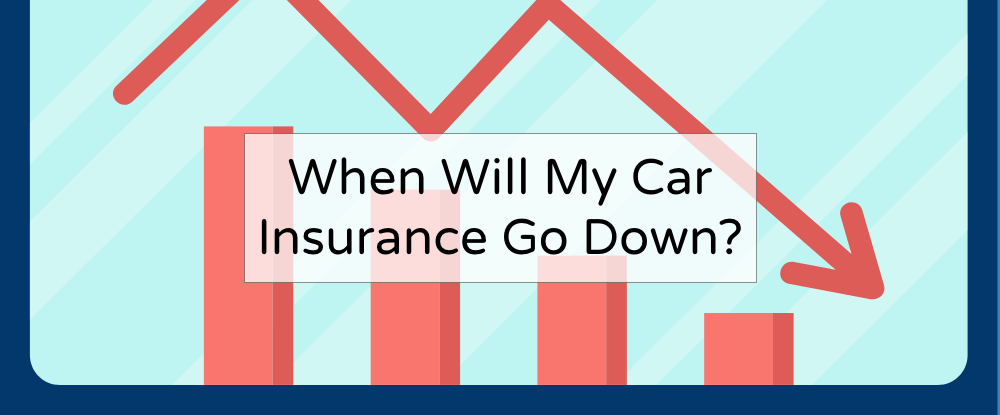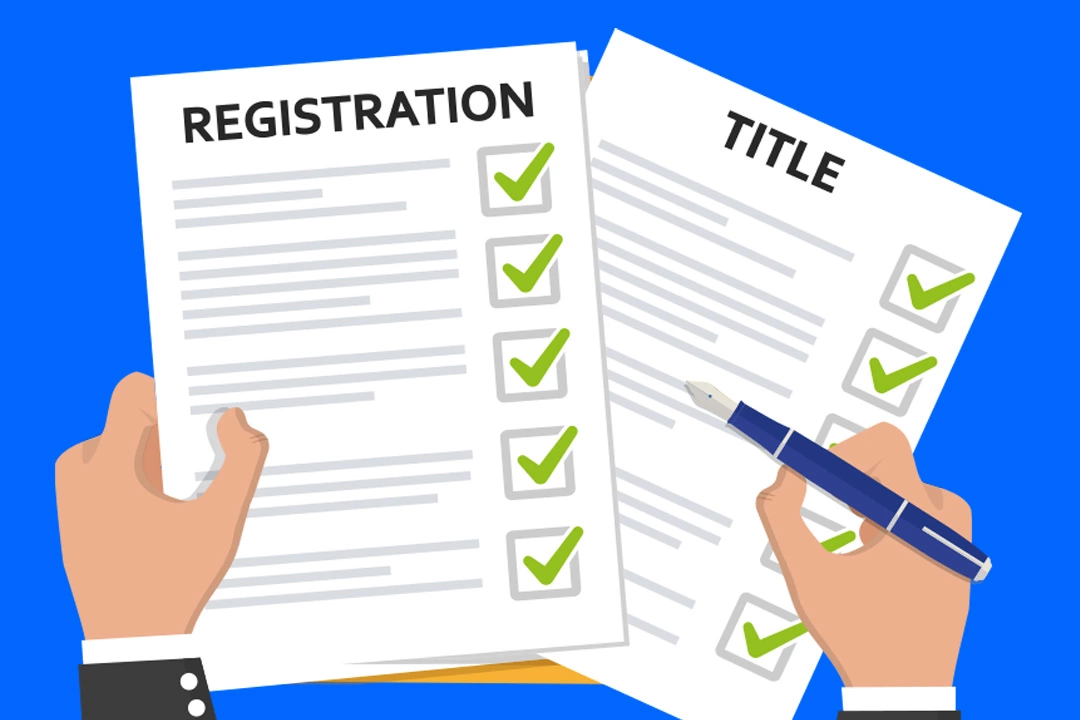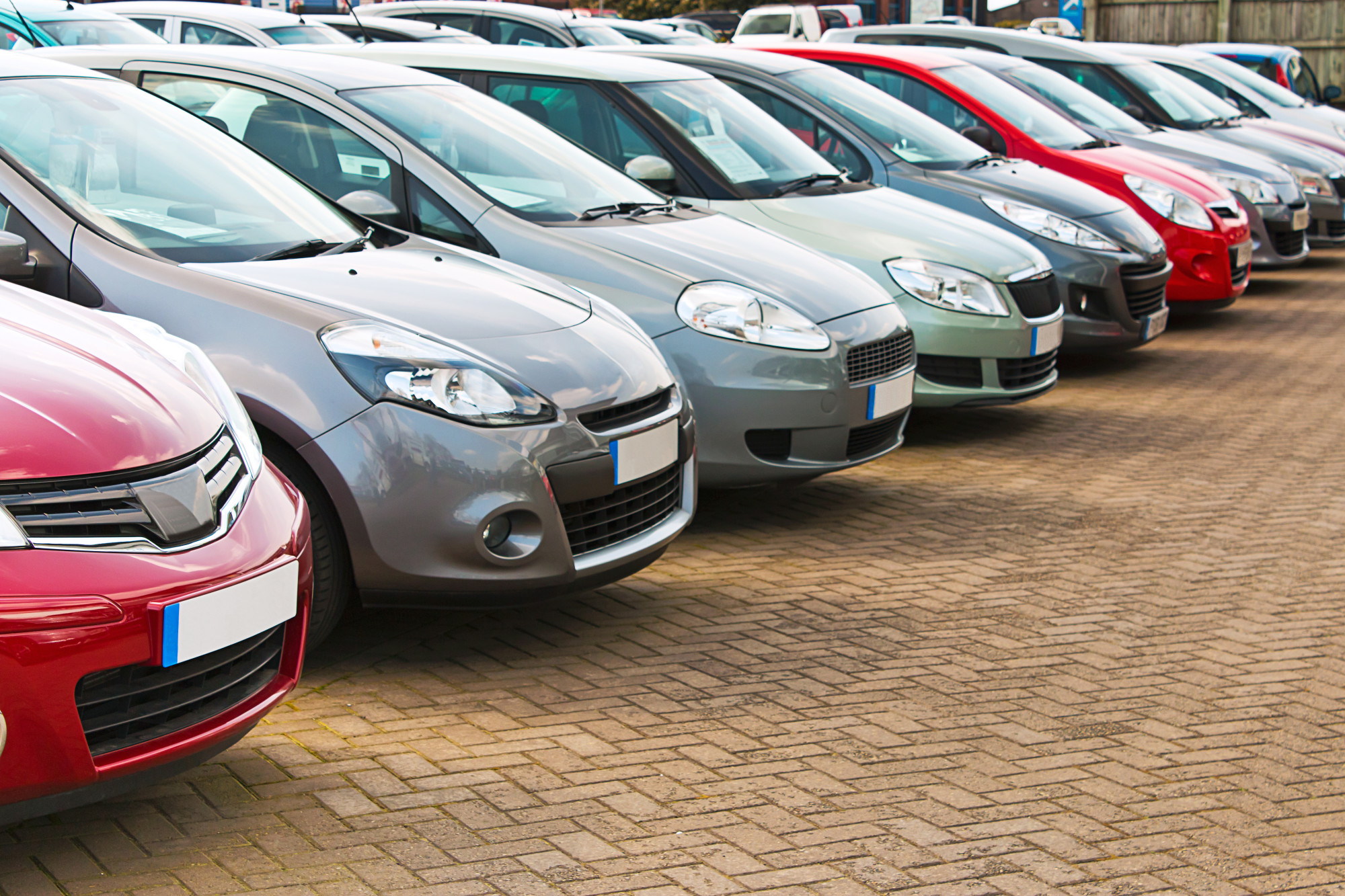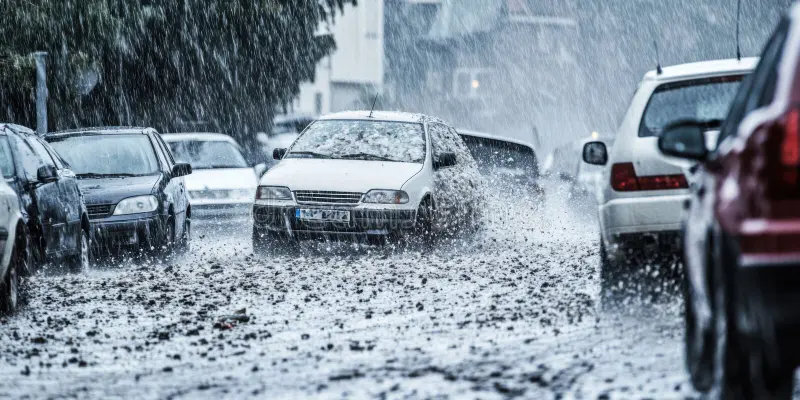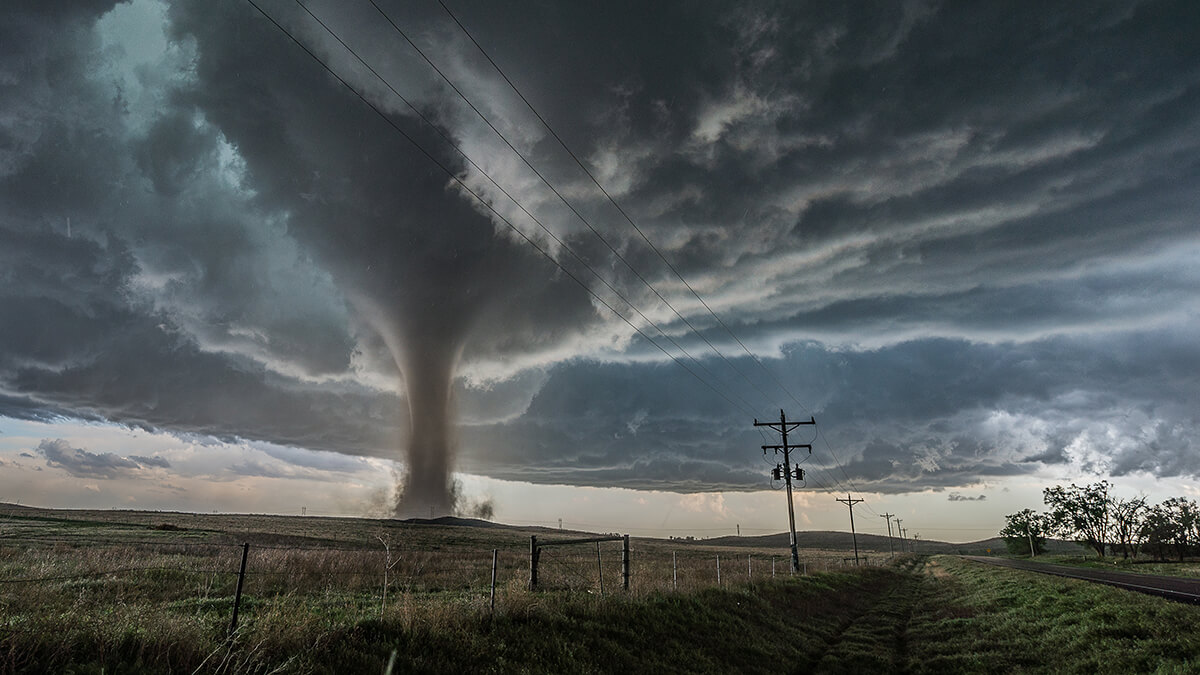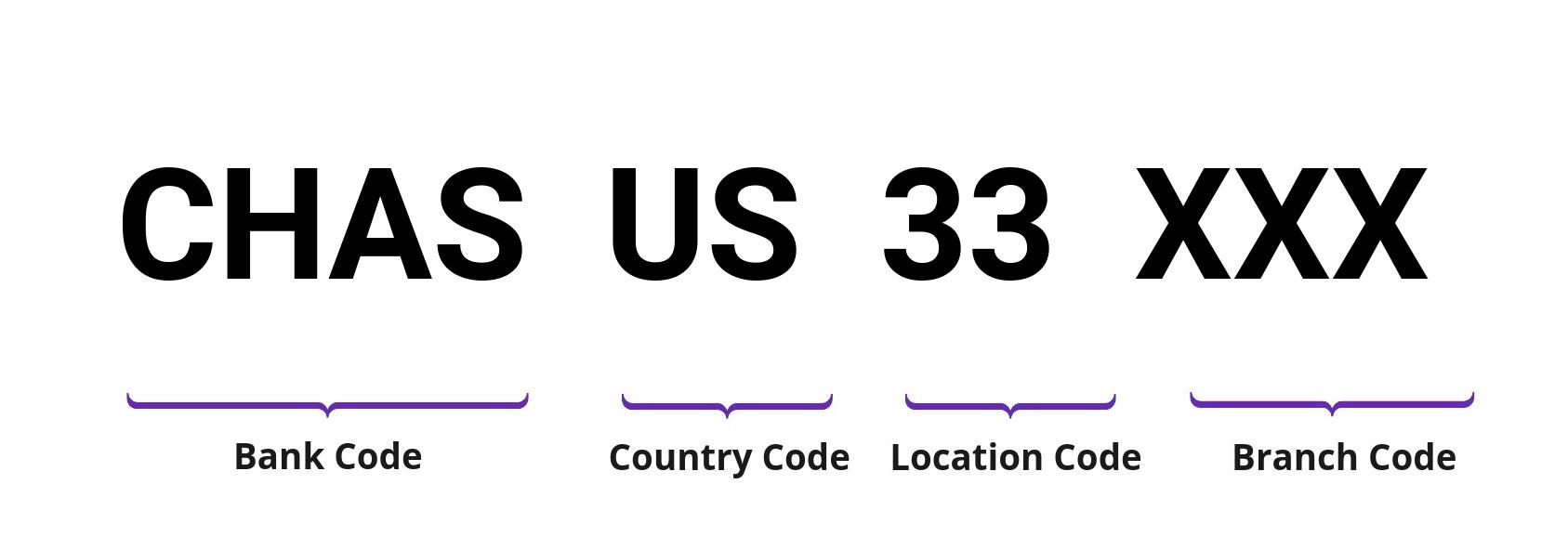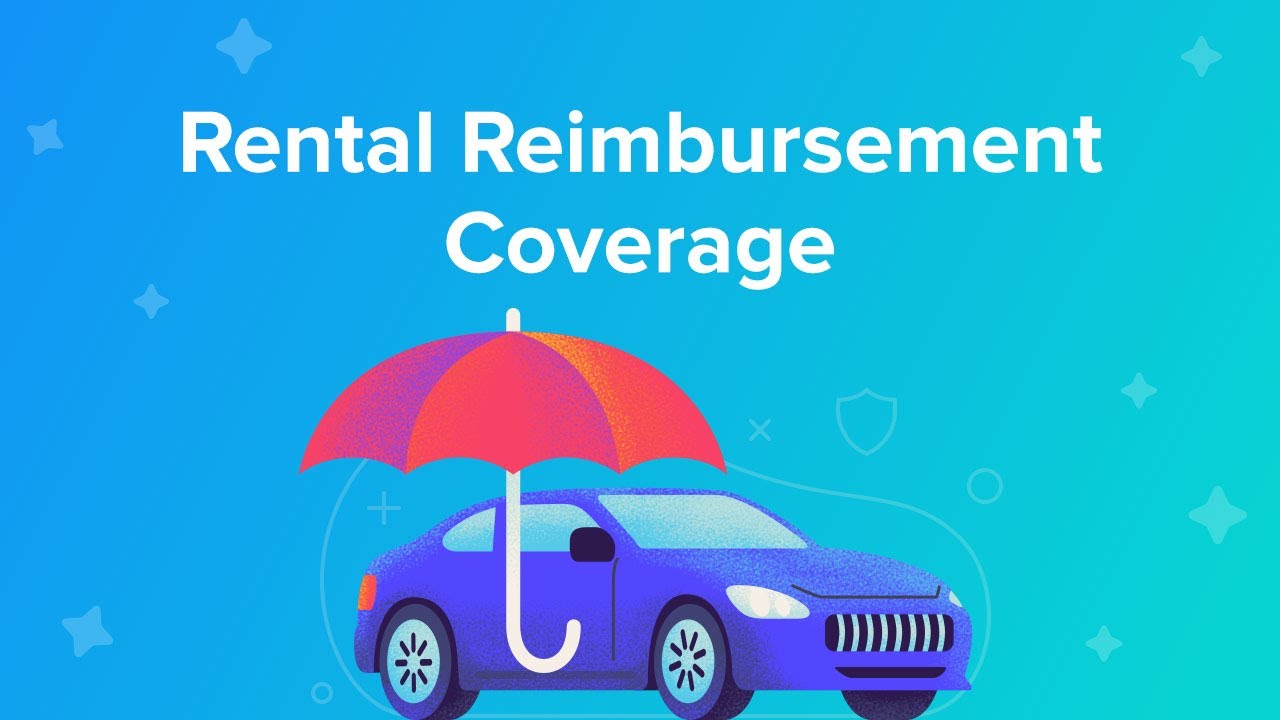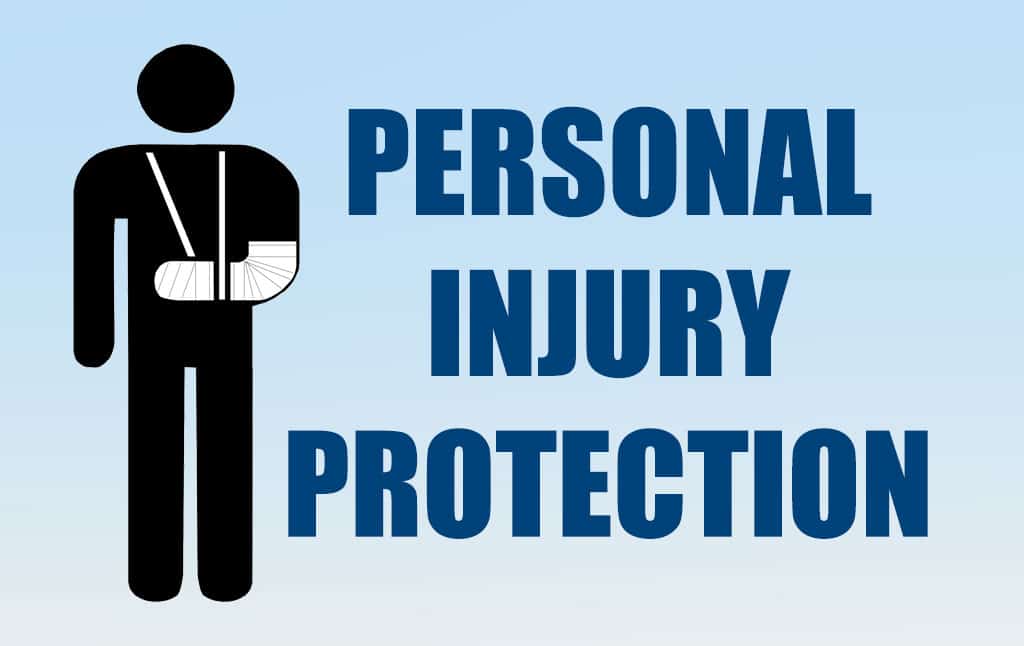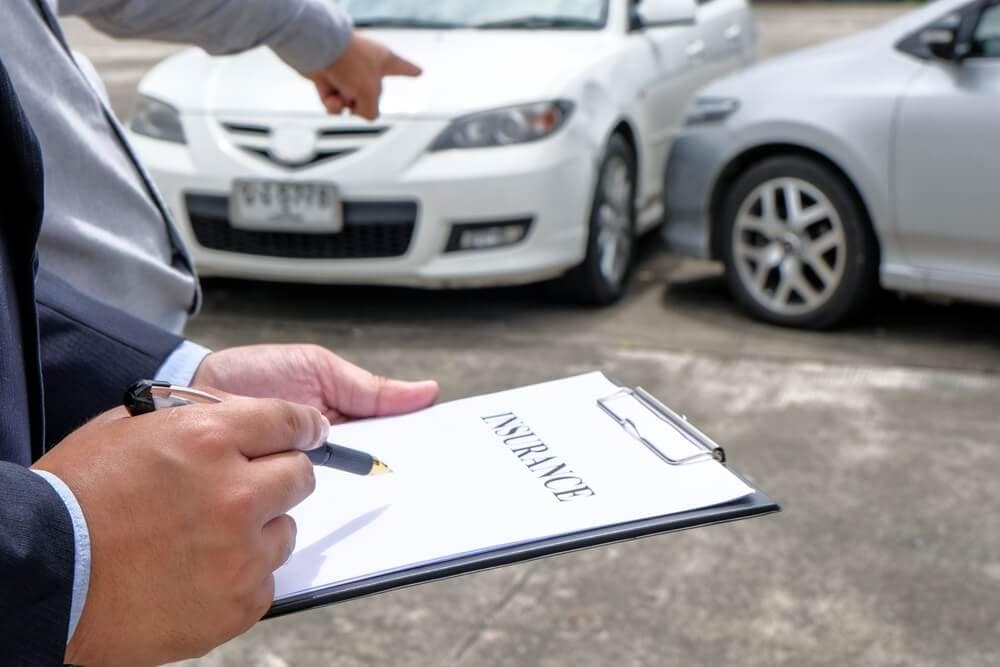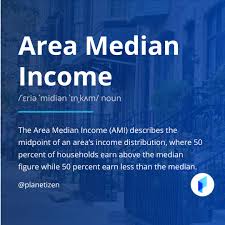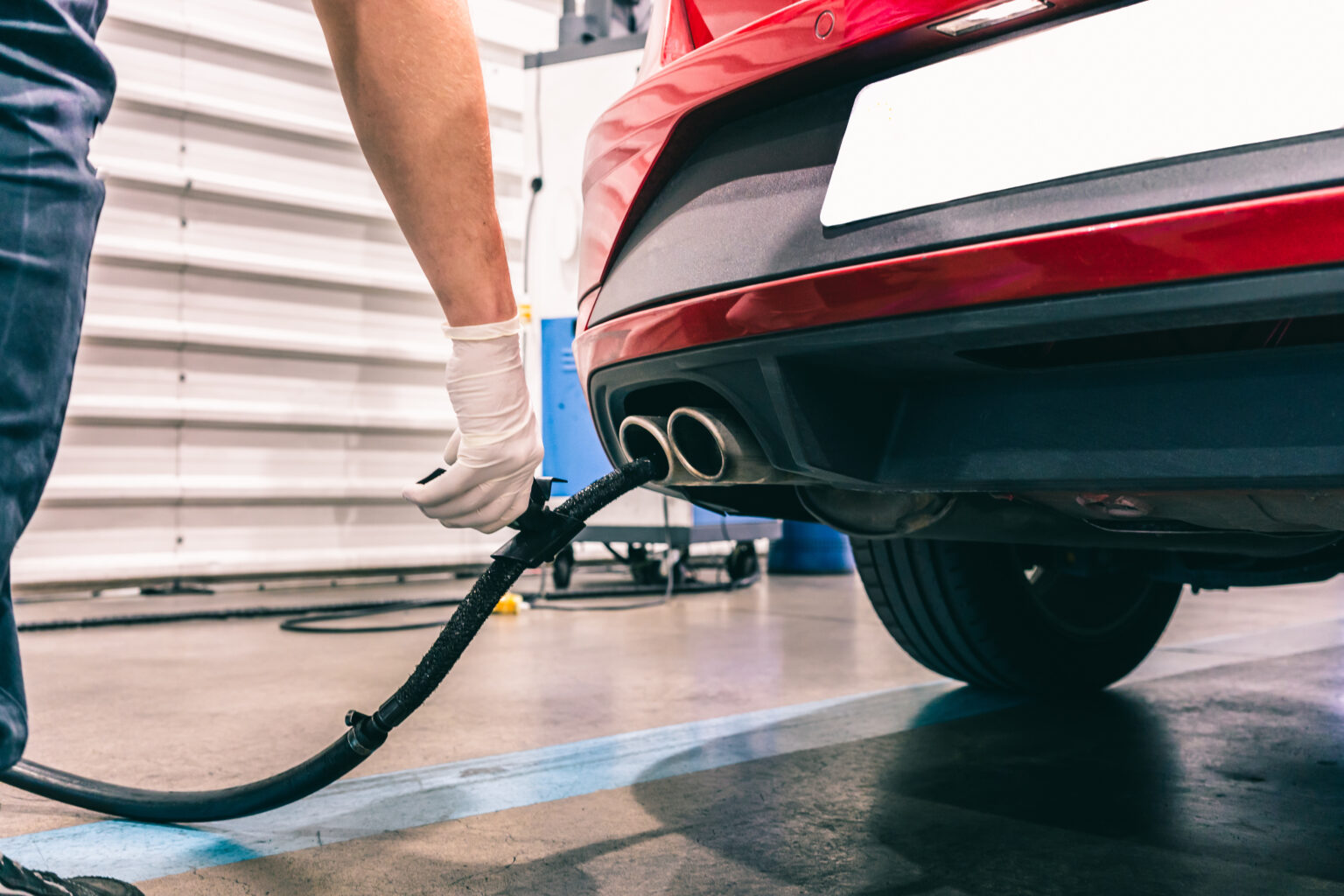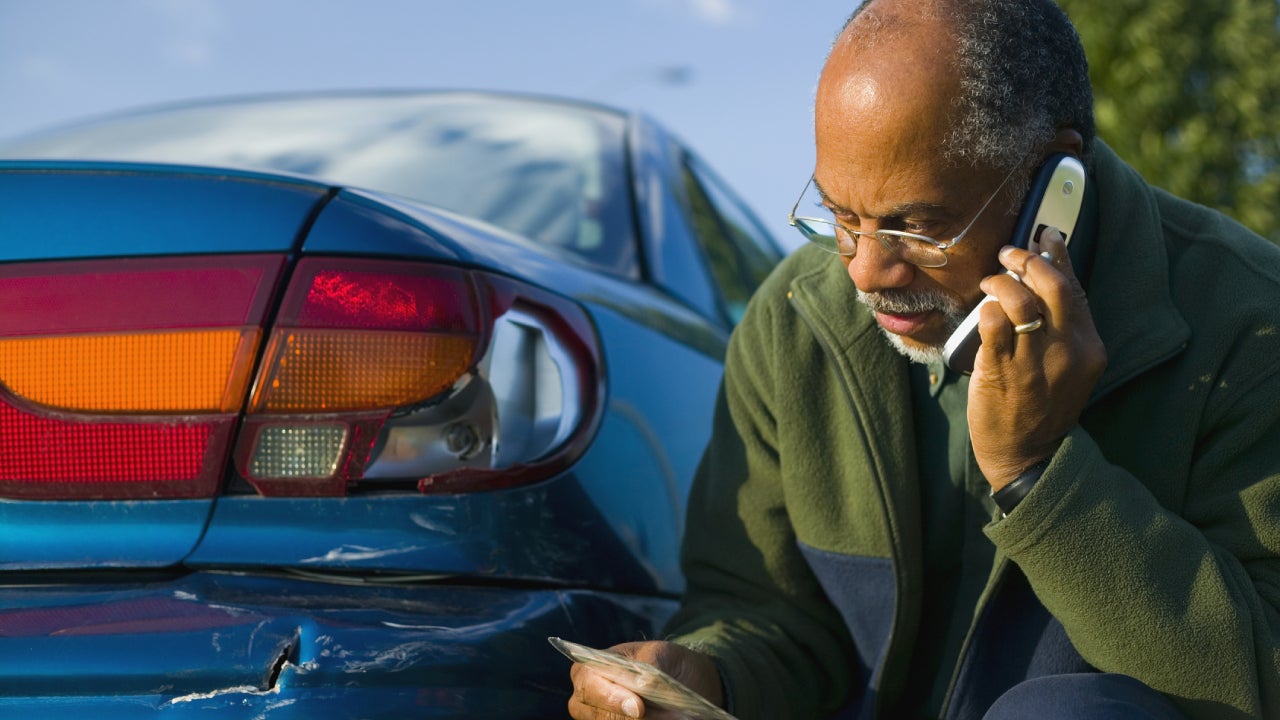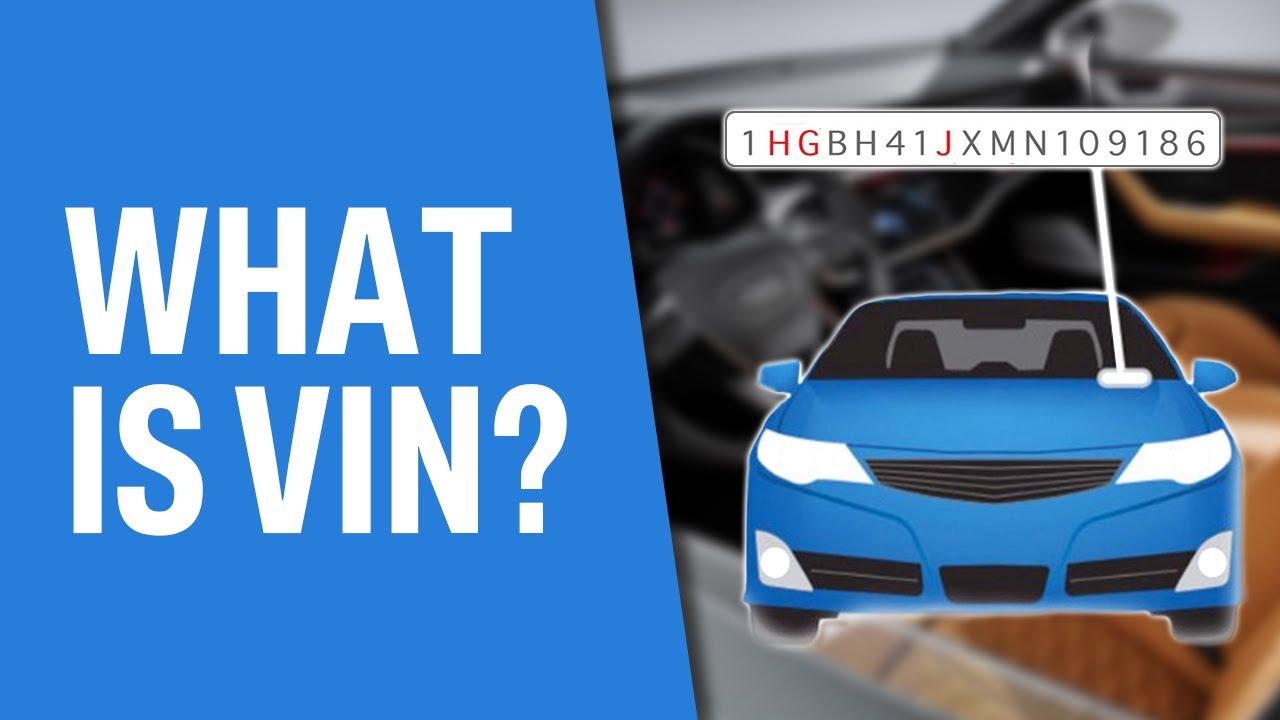You’re cruising down the road, enjoying your day, when suddenly—boom—that little orange light pops up on your dashboard: the check engine light.
Your first thought might be, “Is my car about to break down?!” The truth is, this warning light can mean a wide range of things—from something simple and harmless to something that needs urgent attention.
Let’s break it down in plain English so you know exactly what your check engine light is trying to tell you.
What Does the Check Engine Light Actually Mean?
In simple terms, the check engine light means your car’s onboard computer has detected an issue with the engine or transmission system. Sometimes it’s something minor, like a loose gas cap. Other times, it could be a sign of a failing catalytic converter—or even a serious internal engine problem.
Ignoring it is never a good idea. What could have been a quick fix may turn into a pricey, time-consuming repair if left unresolved.
👉 According to the National Highway Traffic Safety Administration (NHTSA), warning lights should always be taken seriously because they indicate your vehicle isn’t running as it should.
Common Reasons Your Check Engine Light Turns On
Here are some of the most common culprits behind that dreaded dashboard light:
- Loose or damaged gas cap
- Faulty oxygen sensor
- Worn-out spark plugs or ignition coils
- Malfunctioning mass airflow sensor
- Catalytic converter issues (or theft!)
- Bad tank of fuel
- Internal engine problems
The tricky part? Without a diagnostic tool, it’s nearly impossible to know which issue triggered the light. That’s why mechanics use OBD-II scanners to read error codes from your car’s computer.
👉 If you’re a DIY car enthusiast, you can grab an OBD-II Scanner on Amazon and check the codes yourself.
What To Do When Your Check Engine Light Comes On
Don’t panic. Instead, follow these steps:
1. Pay Attention to How the Car Feels
Does the engine feel rough, hesitate when accelerating, or make strange noises? If so, head to the nearest mechanic immediately.
2. Check Your Gas Cap
A surprisingly common cause is a loose gas cap. If you just filled up, tighten it until it clicks. A damaged cap may need replacing.
3. Consider Your Fuel Quality
Did you recently use the wrong octane level or get a bad tank of gas? Premium-only cars running on regular fuel may struggle. If that’s the case, have a mechanic drain the tank—or at least refill with the proper fuel on your next stop.
👉 Learn more about fuel types and octane ratings from the U.S. Department of Energy.
4. Get a Diagnostic Reading
The most reliable way to know what’s wrong is to scan the car’s computer. Many auto parts stores like AutoZone will scan your codes for free.
Can You Still Drive With the Check Engine Light On?
It depends.
- Solid yellow/orange light → Usually indicates a less urgent issue, but you should still schedule a mechanic visit soon.
- Flashing or red light → This is serious. Pull over safely and call for roadside assistance. Driving could damage your engine further.
⚠️ Pro tip: Don’t confuse the check engine light with the maintenance required light. The latter is just a reminder for routine service like oil changes.
What Happens If You Ignore the Check Engine Light?
Short answer: nothing good.
- Problems can get worse over time, leading to higher repair bills.
- You may fail your next vehicle inspection until the issue is resolved.
- Certain damage caused by neglect may not be covered by insurance or your warranty.
If unexpected repair costs worry you, you might want to explore mechanical breakdown insurance or an extended warranty. Consumer Reports has a great guide on whether extended warranties are worth it.
The Bottom Line
Your check engine light is your car’s way of asking for help. Sometimes it’s a small issue, sometimes it’s a big one—but either way, don’t ignore it.
- First, check your gas cap.
- If that’s not it, get a diagnostic scan.
- When in doubt, visit a trusted mechanic.
Taking quick action can save you money, stress, and maybe even your engine. 🚗
